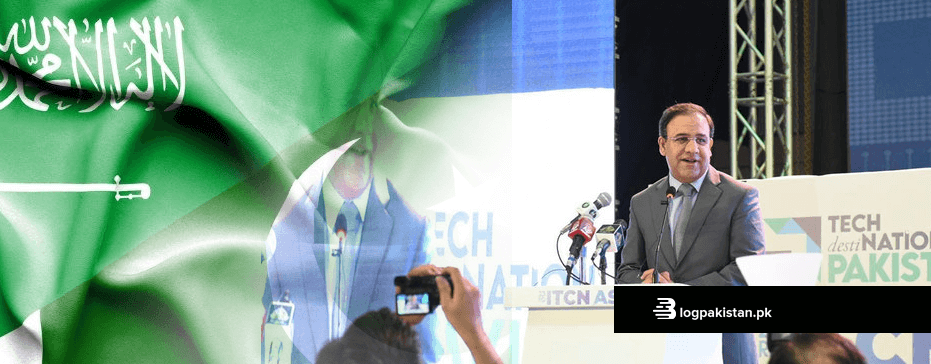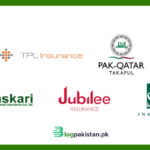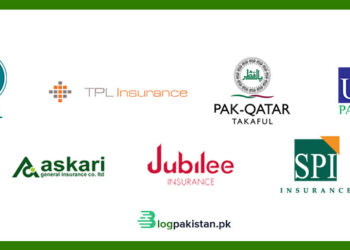Pakistan is actively pursuing investment opportunities in the Information Technology sector with Saudi Arabia and the Middle Eastern markets, according to Dr. Umar Saif, the caretaker Minister for IT.
He envisions that the country’s IT exports could see a substantial increase, reaching approximately $10 billion in the short term.
Dr. Saif conveyed this during his address at the ‘Declaring Pakistan the Regional ICT Hub’ exhibition held at Karachi’s Expo Center.
He emphasized Pakistan’s vast potential in both domestic and international IT markets, thanks to its population of educated and tech-savvy youth.
Dr. Saif explained that his primary focus is to enhance the skills of the youth, enabling them to contribute effectively to the domestic economy and capitalize on emerging opportunities in the Middle East.
Pakistan is actively engaged with the Saudi and Middle Eastern markets, and it is also exploring potential opportunities in Africa.
Current IT Exports Worth $2.6 Billion
The Minister highlighted the significance of software production, handset manufacturing, and telecom operator competitiveness as key drivers for Pakistan’s economic growth and export potential. Currently, Pakistan’s IT exports stand at $2.6 billion, employing around 150,000 individuals.
However, Dr. Saif believes the actual export figures could be higher as many IT service companies keep their earnings offshore due to complications in repatriating funds.
Dr. Saif stressed the importance of addressing IT-related issues to encourage Pakistani IT companies to bring their export earnings back to the country. By implementing strategic interventions in the IT industry and promoting online freelancing, Pakistan has the potential to raise its annual IT exports to $3.5 to $10 billion in the short term.
Plan to Train 100,000 Software Developers
To achieve this goal, the IT ministry plans to train 100,000 software developers through a partnership program with a private company. This training initiative is expected to boost exports by an additional $2 billion annually.
To further enhance the capabilities of university graduates in line with industry requirements, various programs, and boot camps will be organized.
Dr. Saif also mentioned the introduction of a de-risking mechanism for venture capital, which could stimulate investment in the country’s startup culture. The ministry intends to launch a fund of funds with 30% equity provided by the government to support this initiative.
The exhibition featured more than 400 brands, including Unifonic, a Saudi-based multinational specializing in conversation platforms and AI-based voice chatbot solutions. Unifonic sees Pakistan as a promising market, given its large population and thriving e-commerce sector.
These initiatives have been ongoing for quite some time, as former Prime Minister Shehbaz Sharif had earlier extended an invitation to the Saudi government.
He invited companies to explore investment opportunities in various sectors, including agriculture, mining, IT, and energy. He announced the establishment of a Special Investment Facilitation Council (SIFC) to streamline and expedite potential investments from GCC member states, particularly Saudi Arabia.
The Prime Minister expressed gratitude for Saudi Arabia’s timely financial support, particularly during natural disasters, and acknowledged its role in helping Pakistan achieve macroeconomic stability.
The visit of the Saudi delegation underscored the mutual interest in forging a strong economic partnership between the two nations.















